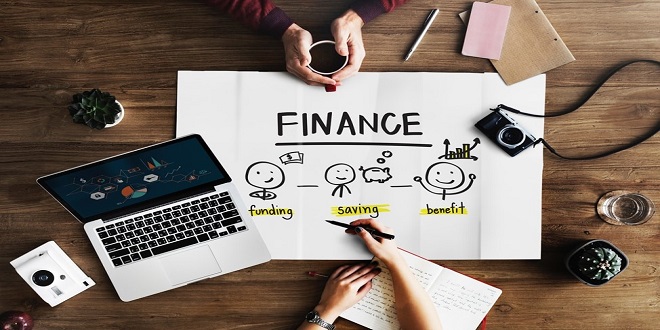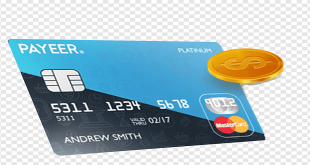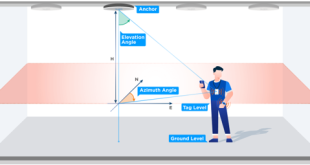Are you determined to study abroad, but are you still worried about how much you should (or can) spend during the trip? Do not worry! So that you can travel more safely, you just need to pay attention to these two words: financial planning.
In this article, we help you put your expenses at the tip of the pencil and we also give you tips that you can use to save money while studying abroad. Follow up!
Start your financial planning for your study
You want to study abroad, but you don’t know when to start organizing for this investment, right? Keep in mind that, in this case, the rule is simple: make a plan! However, before making any decisions, talk about your plans for your family and see if your family members will be able to help you with your travel expenses. With the support of your parents, list all the possible expenses you will have, living abroad.
The expenses range from the visa application process to the purchase of school supplies, including airfare, accommodation and meals. So, put these 9 basic points at the tip of the pencil:
- visa and passport fees;
- course value;
- passages areas;
- land transport (public transport for any locomotion);
- health insurance;
- home;
- food;
- student expenses (any necessary school supplies);
- personal expenses.
It is important to remember that apart from these costs or even within each of them, the expenses vary according to the lifestyle of each one, some people do not mind saving on absolutely everything, while others prefer to spend a little more on certain items, such as food for example.
Exchang the money
Now that you have an idea of the previous step, what is the best way to exchange your money? In order not to discard your financial effort, keep an eye on the exchange rate daily, as sometimes, in a few hours, the difference between the real and the foreign currency can be high.
However, if you’re wondering where is the best place to change money, the answer is: it depends on the country you want to live in. In some nations, financial market rules exist in order to control the exchange rate. If that’s your case, take advantage of the stability of the foreign currency to make the conversion on the spot.
How to save when buying airline tickets?
You know it’s important to have a sense of advance to increase your chances of saving more money. It would be no different when buying your international tickets. Airlines work with the law of supply and demand, which makes it easier to understand why buying a last-minute ticket is so much more expensive.
When you decide where you want to study, start researching the best date as soon as possible and close the deal when you see a lightning promotion. With more time, even test the months considered cheaper due to the low season and find days of the week when there are extra seats.
However, it is important to pay attention to visa issues before buying your ticket. Many countries require an entry visa, and buying your one-way ticket before you have your visa in hand can be a very high risk.
How to spend less on a daily basis living abroad?
When doing your financial planning, a question that may arise is which is better: using cash or card? In order not to be left in doubt and still save some money, check out what is behind this relationship that involves, on the one hand, the ease of using credit and, on the other hand, the fees when making payments.
What you should keep in mind is that when you buy with a credit card in other countries, despite the convenience, you will automatically pay fees for this service. The average value of fees is around 6%, collected by the Tax on Credit, Exchange and Insurance Operations – the IOF.
Another point that you need to pay attention to when using credit abroad is the currency quotation, as the amount that will appear on your invoice will be equivalent to that of the day the ticket is due, and not the amount in force on the purchase. However, if you prefer, there is the option of acquiring Cash Passport debit cards or VTMs, sold at exchange agencies or exchange houses to serve as foreign currency, in terms of financial control, these cards are a great option, because for are prepaid, you are responsible for loading them and that way you know exactly how much you will spend, in addition to the fact that most of these cards do not have an annual fee as is the case with credit cards, on the other hand, a fee is charged fee for each withdrawal you make at ATMs abroad with Cash Passports or VTMs
And well, if you opt for cash, you will still not be exempt from the fees, because when making a transaction in cash, around 1% in taxes are collected by the IOF, at the time of exchange. There is, however, a catch: if, perhaps, the amount of money exceeds R$ 10 thousand, then it will be necessary to declare it to the Federal Revenue. A lot of information? So another tip is to have an agency specialized in your destination that will be able to give you all the help regarding the best way to take money.
How to use the benefits of technology?
It may not seem so simple to make a spreadsheet by hand and organize your expenses, but these mobile apps (which you can easily download) will help you to control yourself and save more money during your study. We have separated three app options for each operating system (Android, iOS and Windows Phone).
With these tips, you will be able to save extra income to make your trip as soon as possible and still save money to tour and buy souvenirs for your family and friends!






